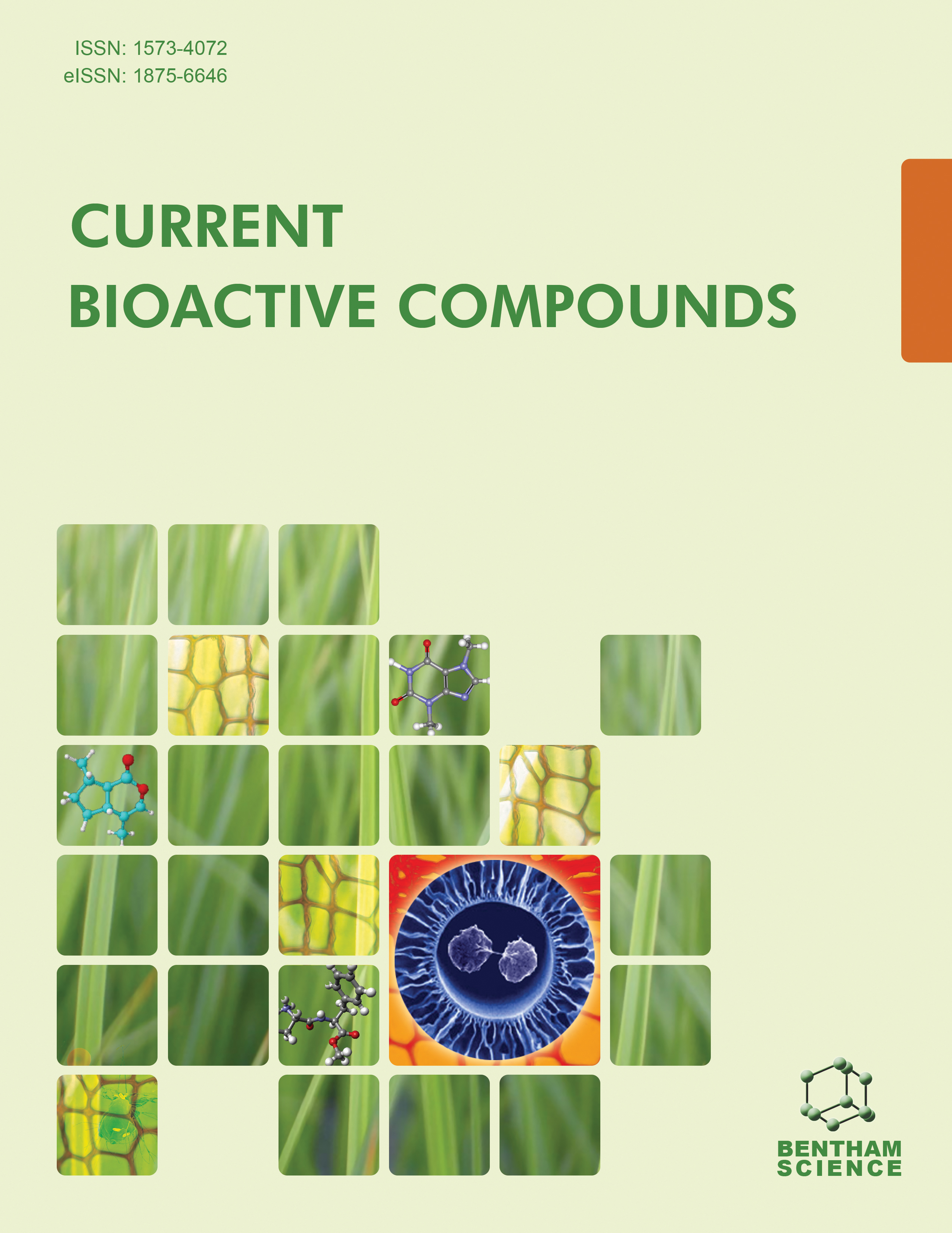
Full text loading...
The impact of naturally occurring flavonoids on human health and illnesses is crucial, as they are closely linked to dietary components and human health. Flavonoids may be able to shield people against disease in both in vitro and in vivo research settings. The flavonoid chrysin has demonstrated several intriguing pharmacological properties, including immune modulation, anti-cancer, anti-diabetic, antidepressant, and anti-asthmatic effects. Furthermore, it showed possible defenses against various toxins in the liver, brain, kidney, and heart, among other organs. Numerous investigations have been carried out to investigate potential targets for its potential mechanism of action. However, because of its low oral bioavailability, its medicinal uses have been restricted. Its broad first-pass metabolism is the leading cause of its low bioavailability. There hasn't been a thorough discussion of the pharmacological characteristics of chrysin and the molecular targets that are related to it yet. Therefore, this review aims to provide a comprehensive overview of chrysin, focusing on its chemical structure, natural sources, pharmacokinetics, toxicity profile, molecular targets, and medicinal properties. By synthesizing current research findings, this paper aims to highlight the therapeutic potential of chrysin, discuss its safety and efficacy, and identify areas for future research.

Article metrics loading...

Full text loading...
References


Data & Media loading...

